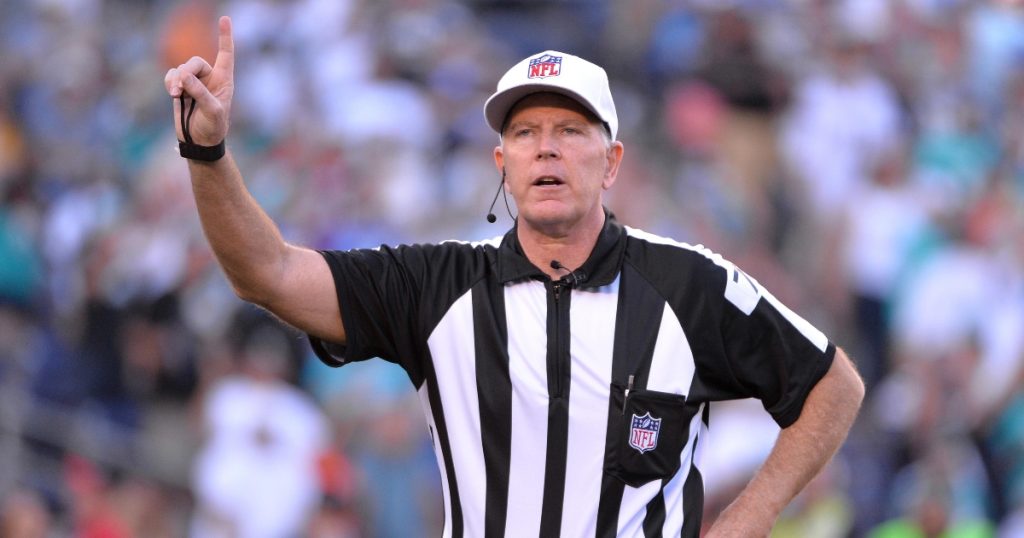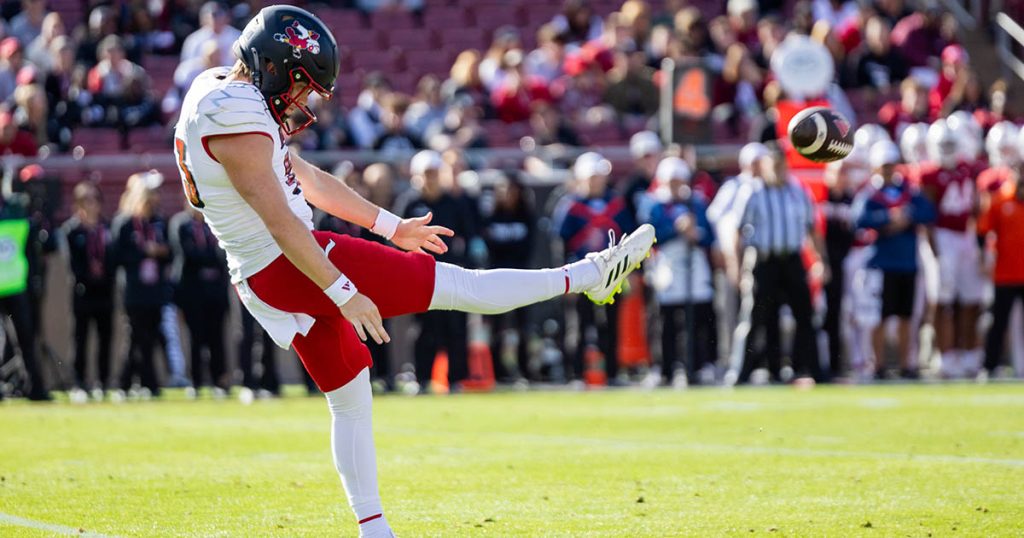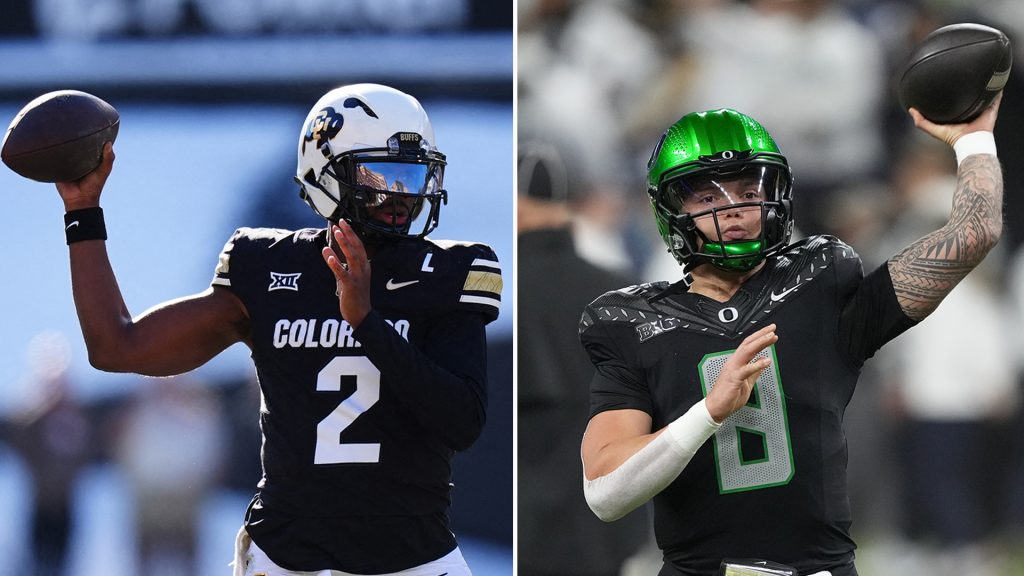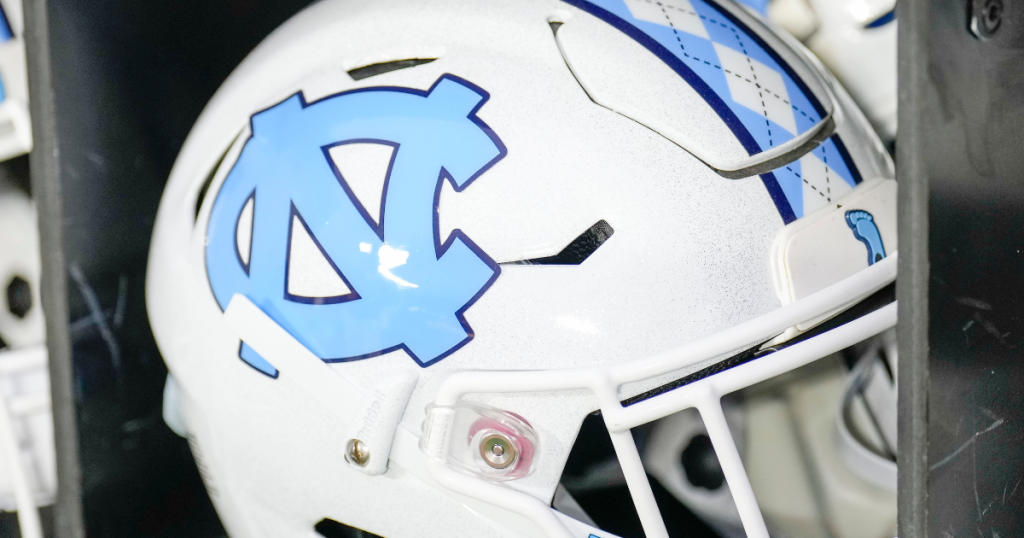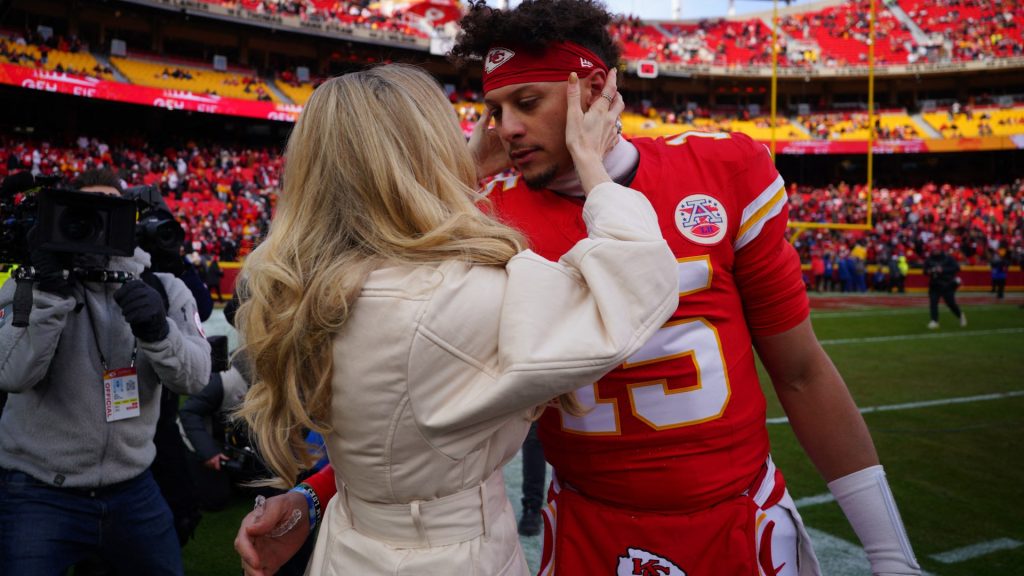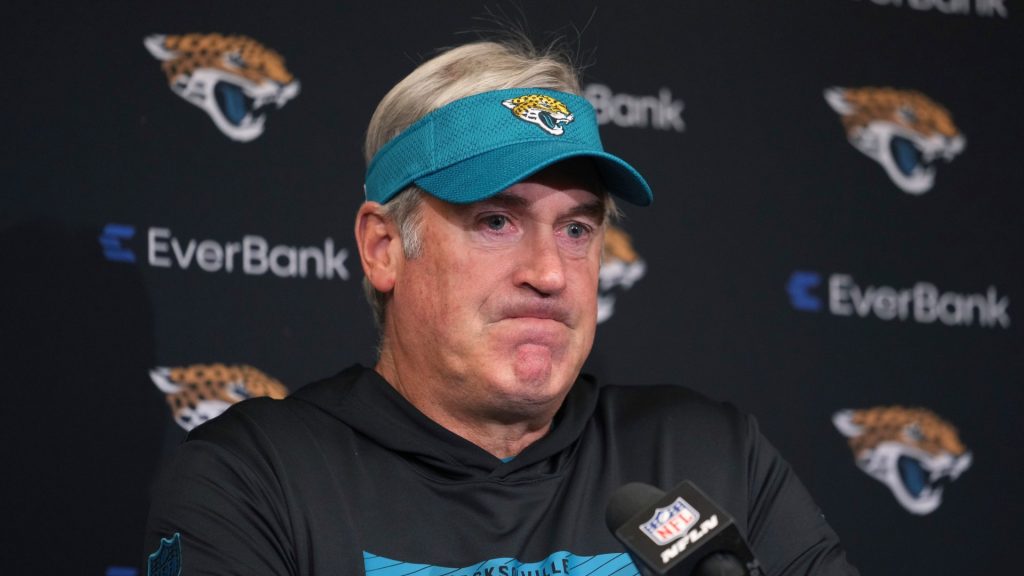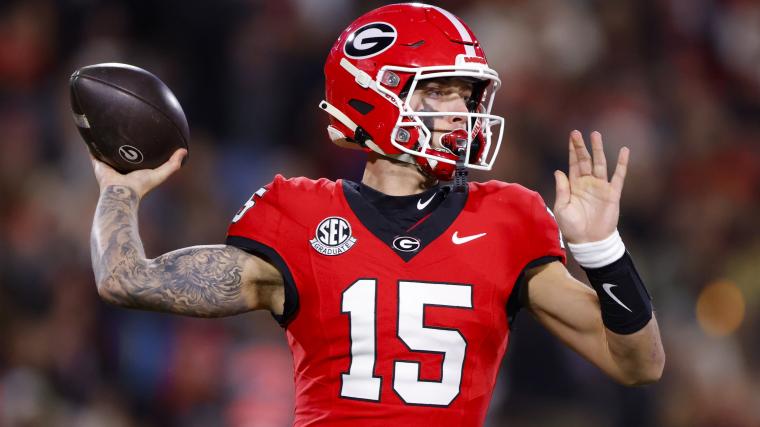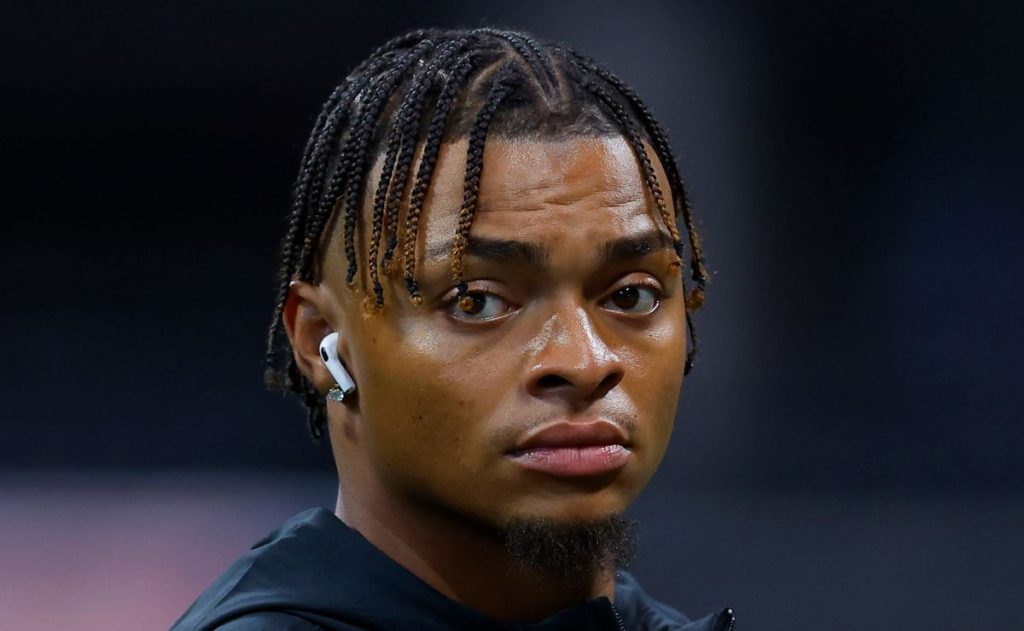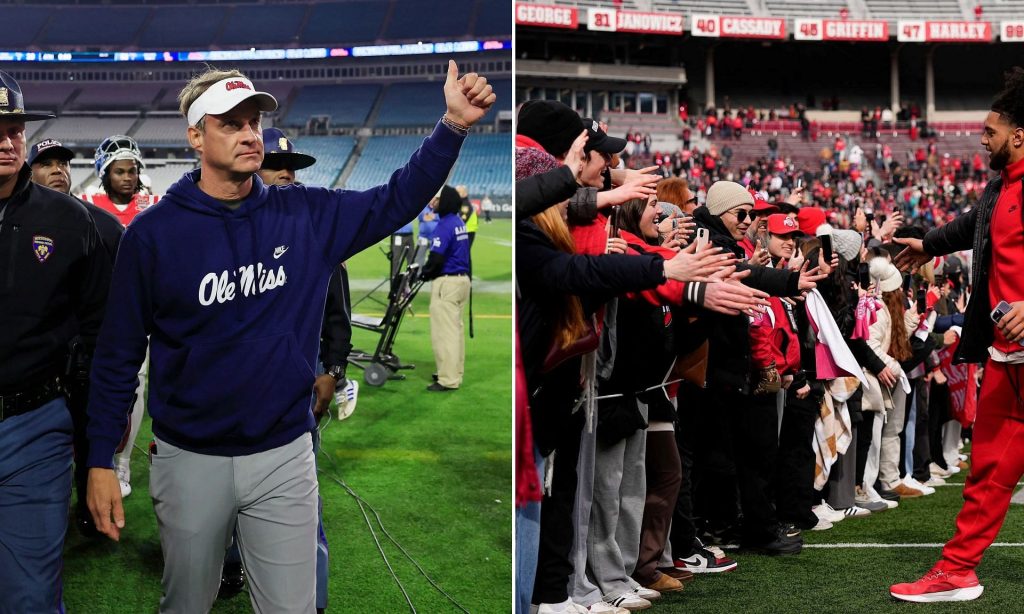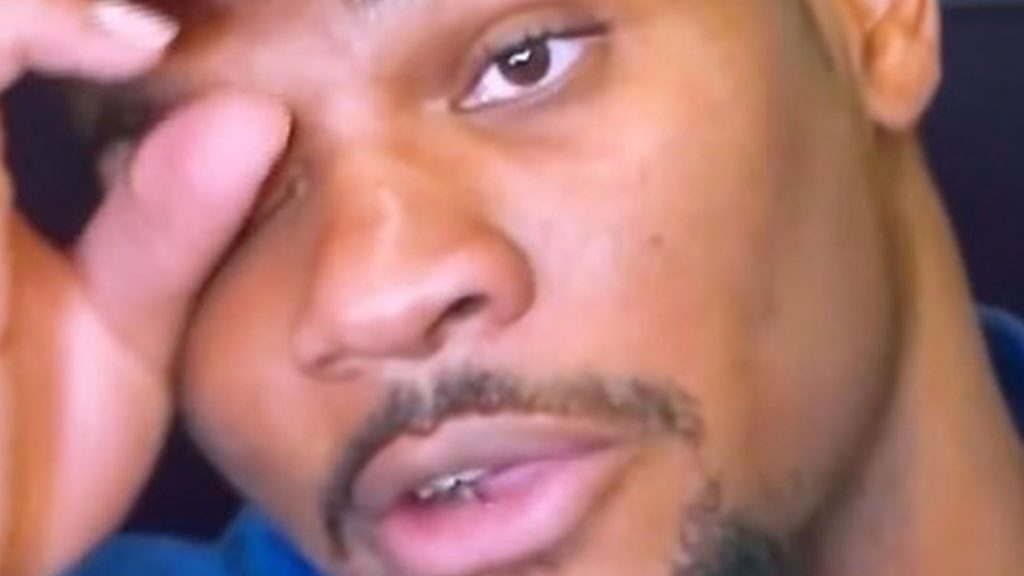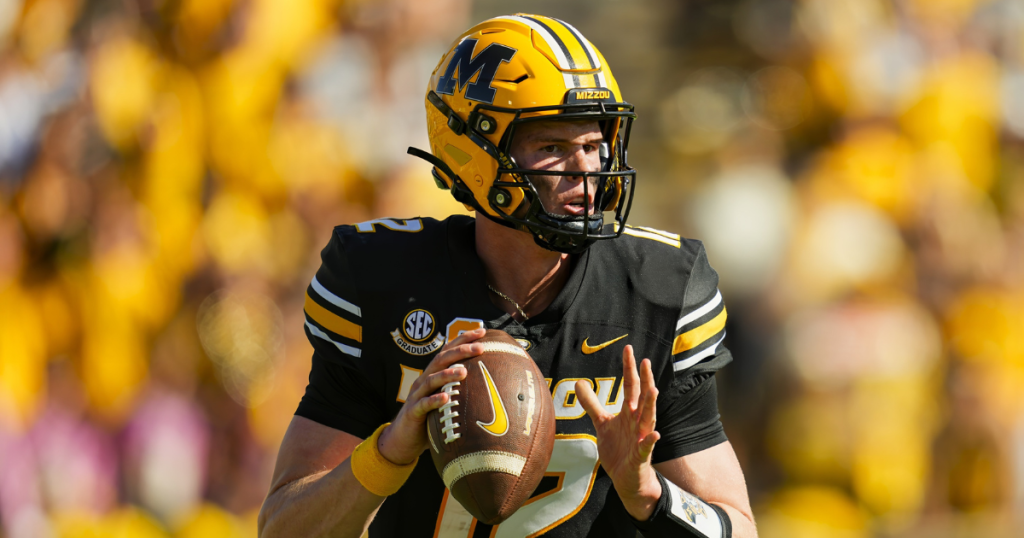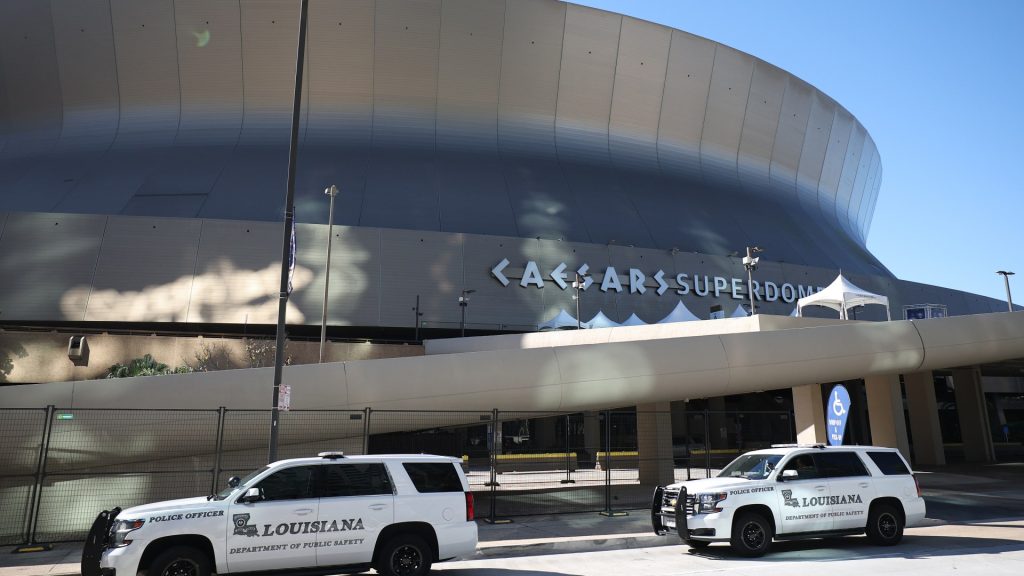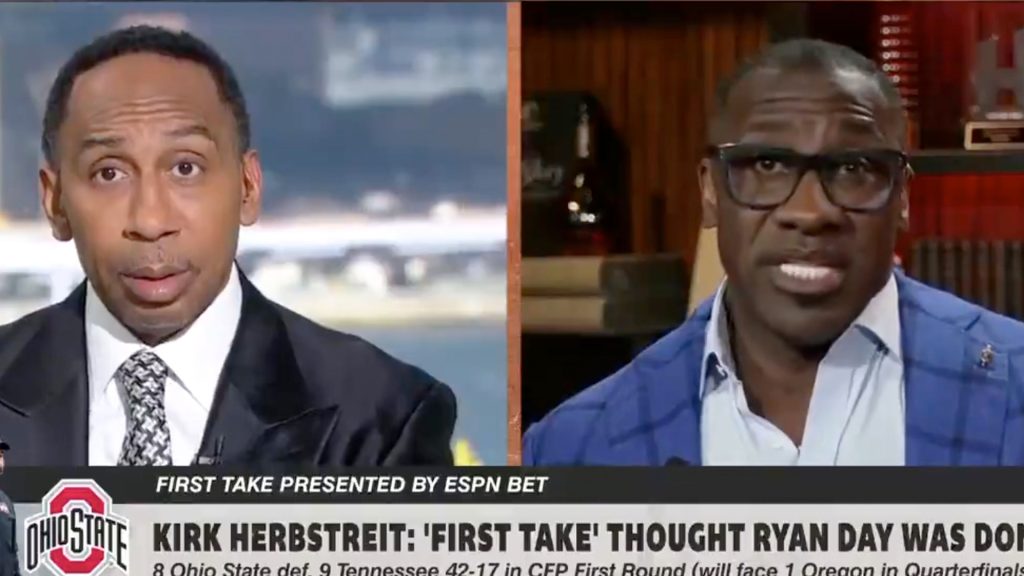Former NFL referee and current rules analyst for NBC, Terry McAulay, is raising eyebrows and concerns about the way the targeting rule is enforced in college football. His frustrations have reached a boiling point, leading him to publicly call out the SEC and the Big 12 for what he perceives as a blatant disregard for the targeting rule. But what sparked this outcry?
Frustrations from the Field
McAulay’s frustration stems from two controversial calls—or lack thereof—during the final week of the regular season. One incident that caught his attention was a high-profile play involving Georgia and Georgia Tech. In this game, quarterback Haynes King fumbled after a hit that appeared to involve the crown of the helmet from defender Dan Jackson. This moment was pivotal, as it gave Georgia a short field to tie the game late, ultimately leading to an eight-overtime thriller where the Bulldogs emerged victorious.
The Importance of the Targeting Rule
The targeting rule exists for a vital reason: to protect players from head and neck injuries. It aims to safeguard players from dangerous hits, especially those that target defenseless players or involve leading with the crown of the helmet. When the rule is enforced, it can lead to severe penalties, including ejections. However, McAulay is among those who argue that the current model is flawed. He believes a system that penalizes without disqualification is long overdue.
Calls for Change
“The failure to review and create a targeting foul here doesn’t just ignore the rule; I’d go so far as to say SEC replay is showing utter contempt for the targeting rule,” McAulay expressed passionately. He continued, “This has been happening all season around the country. It’s clear the rules have to change.” His words resonate with many fans and analysts who have witnessed similar inconsistencies throughout the season.
McAulay’s critique doesn’t stop with the SEC. He also directed his ire towards the Big 12, stating, “And here we have the Big 12 showing utter contempt for the targeting rule.” This sentiment highlights a broader issue: the inconsistency in officiating across different conferences.
Specific Incidents Under Scrutiny
Both plays that McAulay highlighted on social media were reviewed, which makes the situation even more perplexing. In the Big 12 matchup between UCF and Utah, targeting was initially called on the field but was later overturned. Meanwhile, in the Georgia-Georgia Tech game, the review focused solely on the turnover, completely overlooking the potential targeting aspect. No penalty was called, raising questions about the effectiveness of the review process.
Wider Implications of Targeting Rule Enforcement
The targeting rule is designed to protect players, but it also raises questions about the nature of penalties in college football. Critics argue that the current system, which includes ejections, may not be the best approach. Is it fair to remove a player from the game for an infraction that may not have been intentional? This is a question that resonates with many fans and players alike.
McAulay is not alone in his criticism. He is part of a growing chorus of voices calling for a reevaluation of how the targeting rule is enforced. Concerns about consistency, clarity, and the severe consequences of ejections are at the forefront of this debate. Given McAulay’s extensive background—having officiated three Super Bowls and served as the Big East and AAC coordinator of officials—his insights carry weight.
The Future of College Football Officiating
As college football continues to evolve, the conversation surrounding the targeting rule is crucial. The safety of players must remain a top priority, but how that safety is enforced is equally important. The current model may need a rethink to ensure fairness and clarity in officiating.
In a sport that thrives on passion and intensity, the rules should enhance the game, not hinder it. McAulay’s passionate defense of the targeting rule reflects a broader desire for improvement in college football officiating. As fans, players, and coaches alike debate the best path forward, one thing is clear: the conversation is just beginning.
With the stakes higher than ever, will the powers that be take notice and implement the necessary changes? Only time will tell, but the call for a more consistent and fair enforcement of the targeting rule is echoing louder with each passing game. The future of college football officiating may very well depend on it.

